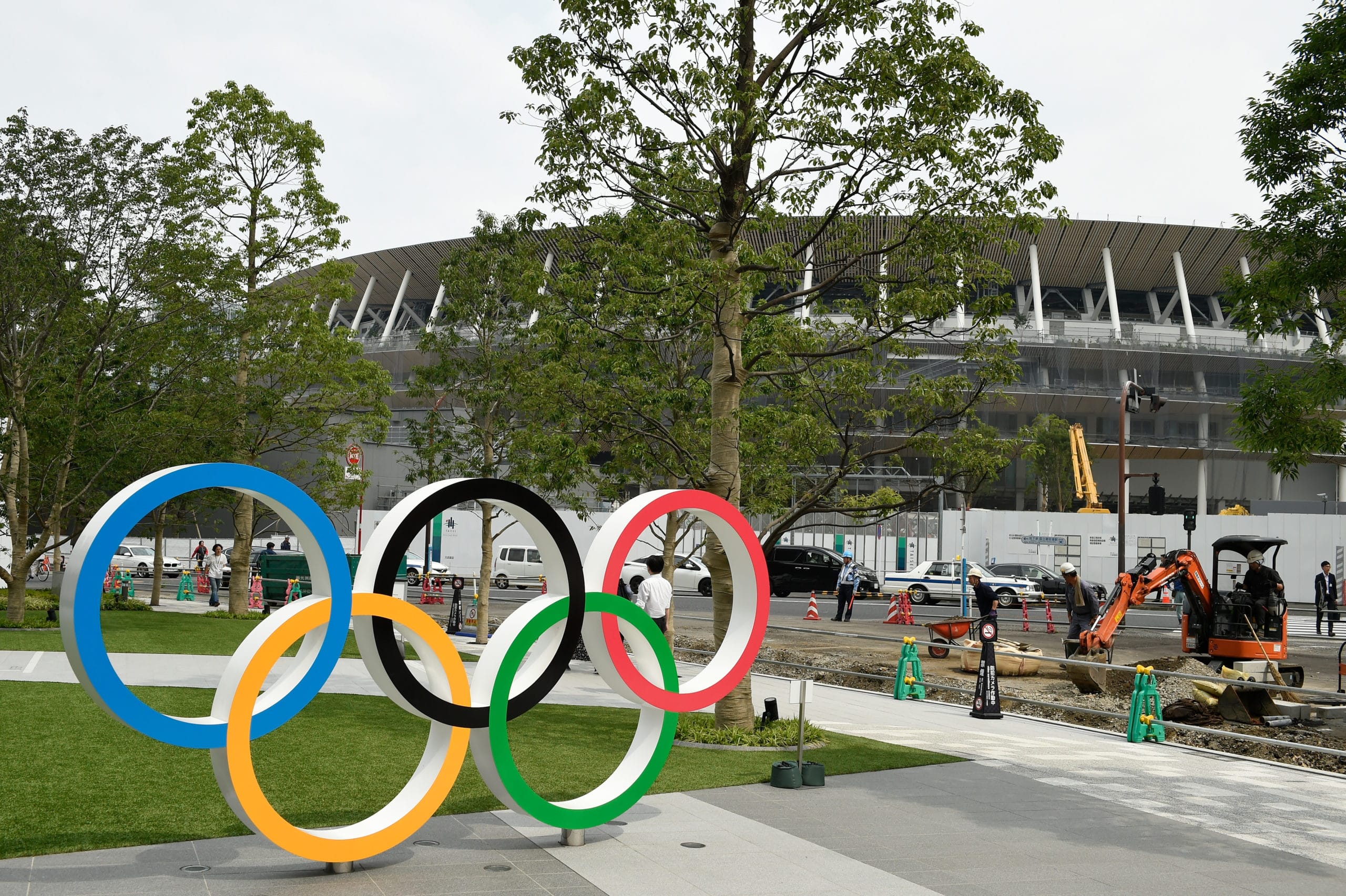TOPLINE The organizers of the Tokyo Olympics on Wednesday announced that it will ban the sale of alcohol at venues and stringent rules that spectators attending the games will have to follow as Tokyo enters its final month of preparation before the games begin on July 23.
KEY FACTS
Seiko Hashimoto, the head of the Tokyo games’ organizing committee, told reporters that the organizers have decided to ban the sale of alcohol at games venues following “experts’ advice” and added that event sponsor Asahi Breweries agreed with the decision.
According to Japan Times, the games’ organizers had been considering a plan to allow the sale of alcohol with some restrictions but the initial plan provoked public outcry in the country.
Spectators coming to venues will be required to wear masks and face temperature checks—attendees who display high temperature or any other Covid symptoms will not be allowed to enter and received no refunds.
Because of Japan’s summer heat, spectators will be allowed to remove their masks at outdoor venues if they can ensure there is a two-meter gap between them and other spectators, Kyodo News reported.
Loading...
Inside the venue, spectators are barred from making direct contact with others, cheering loudly, giving high-fives, towel-waving or asking for autographs from athletes.
All attendees will be asked to retain their ticket stubs or ticketing data for at least two weeks after they attend an event as the organizers plan to post the seat number and date of attendance of any attendee who tests positive after the event.
CRUCIAL QUOTE
“The festive mood will have to be suppressed—that has become a major challenge,” Hashimoto told reporters according to AFP. “People can feel joy in their hearts, but they can’t be loud, and they have to avoid crowds. Those are the areas where we need to be creative, and we are putting in a lot of effort to come up with a new way of celebrating.”
TANGENT
Tokyo Governor Yuriko Koike did not make a public appearance on Wednesday as she has taken a break from official duties and is resting due to severe fatigue. Citing sources Kyodo News reported she was admitted to hospital in the capital on Tuesday.
KEY BACKGROUND
After weeks of speculation, the organizers Monday announced that domestic fans will be allowed to attend events at the Tokyo Olympics, but venues will have a spectator limit of 10,000 or up to 50% of capacity to minimize the risk of spreading Covid-19. The decision came as Tokyo and several other Japanese regions exited their Covid state of emergency. However, the Japanese capital is expected to remain under a quasi-emergency state until July 11. The cap on attendance at the Olympic events mirrors the rules laid out by the Japanese government for all other large events like music concerts and local sports—although the serving of alcohol is allowed at these other events. Following the announcement, Japanese Prime Minister Yoshihide told reporters that if a new state of emergency is declared during the games due to the pandemic, the event may then have to take place behind closed doors. Suga’s sentiment was echoed by Koike, who said the organizers will revisit the decision and consider going forward without any spectators should there be a “major dramatic change in the infection situation.”
FURTHER READING
Tokyo shapes up to be No-Fun Olympics with many rules, tests (Associated Press)
By Siladitya Ray, Forbes Staff
Loading...
